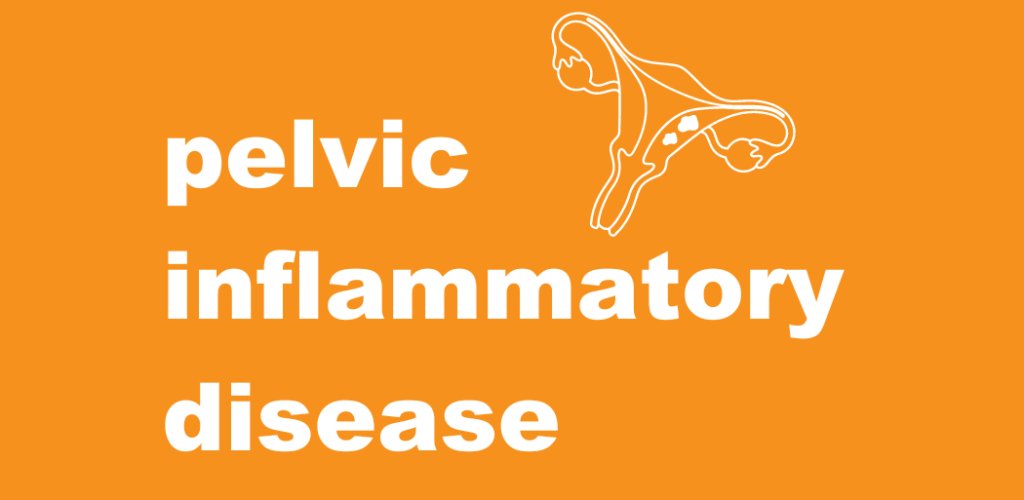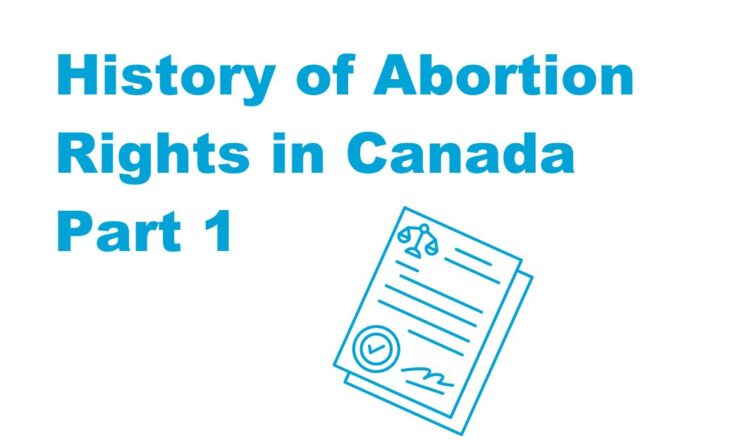

Pelvic inflammatory disease (PID) is an infection caused by bacteria spreading from the vagina to the uterus, fallopian tubes, or ovaries. The most common infections that cause PID are gonorrhea and chlamydia, which are transmitted by barrierless sex.
In some cases, PID can also be caused by normal bacteria that can enter the body through childbirth, pelvic surgery, a miscarriage, or after the insertion of an IUD. The increased risk of PID after the insertion of an IUD is small and only lasts for three weeks.
The most common symptom of PID is pain and tenderness in the lower abdomen and stomach. Other symptoms include:
Some of these signs and symptoms are difficult to notice. Some people with PID don’t present any symptoms.
At the same time, having any of these symptoms does not necessarily mean that you have PID. Some of these symptoms also belong to other conditions like a period. The best way to know for sure is to see a healthcare provider especially if the symptoms are severe. They will diagnose PID by asking about your medical history, taking a pelvic exam, and/or making a vaginal culture.
Since PID causes scarring to form in your fallopian tubes, it can cause multiple issues if left untreated. The most common complication is chronic pelvic pain. Scarring can also cause a fertilized egg to implant in the fallopian tubes instead of the uterus, which is called an ectopic pregnancy. Scarring may also block eggs from leaving the fallopian tubes, resulting in infertility.
Another complication is forming a tubo-ovarian abscess, a pocket of pus that can cause life-threatening sepsis if it bursts.
The most common treatment for PID is taking antibiotics that a healthcare provider prescribes. It is important to take all the medicine that you are prescribed even if symptoms begin improving earlier since there may still be bacteria in your body. Otherwise, this bacteria can multiply, causing a reinfection. The surviving bacteria may also become resistant to antibiotics, making future treatment more difficult.
If your symptoms continue after taking antibiotics, you may have to receive antibiotics from an IV. This may also be necessary if you are pregnant, have a severe infection, or have an abscess in your fallopian tube or ovary (which is a possible complication of PID). In rare cases, surgery can be helpful.
It is also important to get tested and treated as soon as you think you have PID. Treatment can’t reverse damage to your reproductive system but can prevent complications from developing.
Since PID is most often caused by gonorrhea and chlamydia, an effective way to protect against it is practicing safer sex. This means using condoms, dental dams, and other barrier methods. It also includes getting tested regularly and possibly asking a new partner to get tested as well. Douching is also not recommended as it is associated with developing PID.
If you have questions about this topic, feel free to contact one of our peer educators. [Link]
Last Updated: July 2024

The history of abortion rights is complex, with a lot of passionate activists fighting for change. This article details some of the bigger events that got us to where we are today!

PRUDEmag is a hot new Toronto-based zine for spinsters, rule-makers, asexuals, relationship anarchists, & all others resisting a sex-necessary culture. We caught up with some of the people behind the zine for our the latest in our 5 Questions series!

For some people, sensory sensitivities can make physical intimacy stressful and overstimulating. This post talks about what sensory sensitivities are, and some tips to work through them in physically intimate situations!